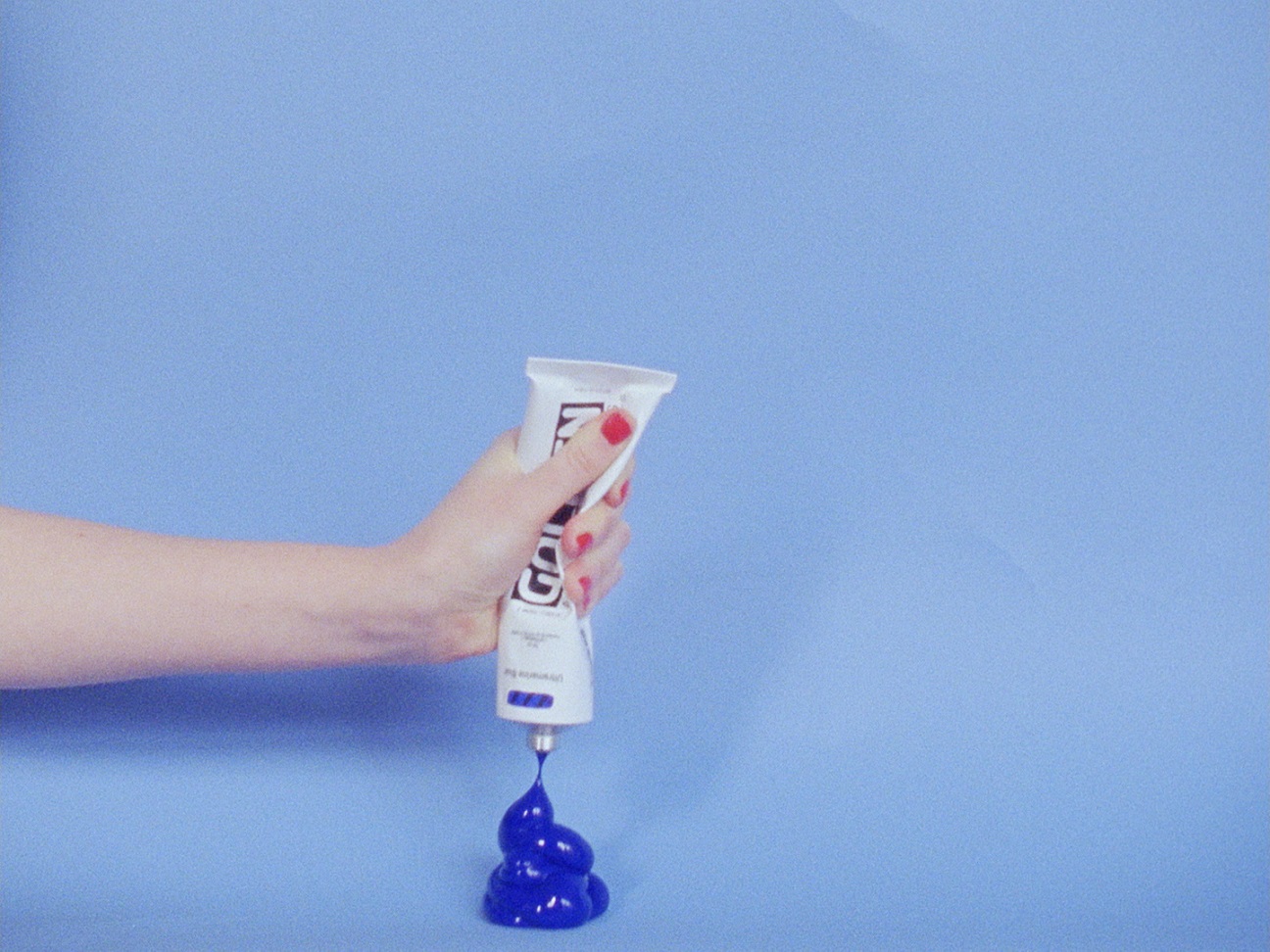
Give yourself permission to connect, read, discuss and share deeply around the vast body that connects us all - the Great Ocean. As part of our multi-year research and programming arc Blue Assembly, please join us for The Word for World is Ocean Reading Circle led by Dr Bronwyn Bailey-Charteris.
Taking the title as an oceanic homage to expert wordsmith and worldmaker Ursula K Le Guin, this reading circle departs from Blue Assembly to seek collective and multiple understandings of oceanic sovereignty, lessons of Indigenous water ways, hydrofeminism and the Hydrocene. Run online with a final in-person gathering and book launch, the reading circle expands and diffracts the watery knowledges emanating from the Great Ocean and its surrounds. Led by curator and researcher Dr Bronwyn Bailey-Charteris in collaboration with UQ Art Museum.
Participants will read and discuss texts from Bronwyn Bailey-Charteris, Léuli Eshrāghi, Alexis Pauline Gumbs, Ursula K. Le Guin, Talei Luscia Catherine Mangioni, Romaine Moreton, Ellen van Neerven, Astrida Neimanis and Christina Sharpe.
The reading circle welcomes everyone - students, researchers, artists, artworkers and individuals with an aligned interest. Each session will cover a range of texts to read, from videos to articles and book chapters. We encourage you to engage at the level you feel comfortable with, and we value all kinds of discussion.
Please register via this form.
Details:
Session 1: Oceanic sovereignty and hydrofeminism
Thursday, 7 March, 6pm AEST / 7pm AEDT / 8am CET (online)
Session 2: Oceanic knowledges and lessons
Thursday, 28 March, 6pm AEST / 7pm AEDT / 8am CET (online)
Session 3: Oceanic blakness, blackness and being co-convened by Ellen van Neerven
Wednesday, 24 April, 6pm AEST / 7am CEST (online)
Session 4: Oceanic undoing in the Hydrocene
Thursday, 16 May, 6pm AEST / 7am CEST (Brisbane)
_____________________________________________________________________________________
Dr Bronwyn Bailey-Charteris is an Australian and Swedish curator, writer and lecturer with expertise in the politics and poetics of eco-aesthetics. Based in Warrang/Sydney on Gadigal and Bidjigal land, she is a sessional academic of curatorial theory and practice at Stockholm University, the University of Sydney, and the University of New South Wales where she was also awarded her doctoral degree with distinction. Bronwyn maintains an independent curatorial practice, having curated multiple exhibitions in Stockholm, Sydney, Melbourne and Madrid, alongside published writing on art, water and ecology in France, Lithuania, Poland, Sweden, Italy, U.S.A and Australia. She is Project Curator and Steering Committee member for Climate Aware Creative Practices Network, a nation-wide alliance of creative arts educators, researchers and practitioners committed to meet the challenges posed to creative practice and pedagogy by climate change. Her first monograph is due for release with Routledge Environmental Humanities Series in 2024 and is titled The Hydrocene: Eco-Aesthetics in the Age of Water.
Ellen van Neerven is an award-winning writer of Mununjali and Dutch heritage. They have authored two poetry collections, Throat and Comfort Food, one work of fiction, Heat and Light, and a hybrid memoir called Personal Score, which received the 2024 Victorian Premier’s Prize for non-fiction.
_____________________________________________________________________________________
About Ultramarine Conversations

Free events
Ultramarine Conversations presents guest speakers from a diverse range of fields and practices. Through a series of talks and panel discussions they will take you into the watery spaces of our planet, exploring biodiverse environments, human and non-human habitats, and the varied and complex place of the ocean in global cultures.
Ultramarine was originally mined in the Hindu Kush mountains of what is now known as Afghanistan. During the early Renaissance period it became the most prized and expensive colour to paint with. The word comes from the medieval Latin word ultramarinus: "beyond the sea".
The series is presented as part of Blue Assembly.

